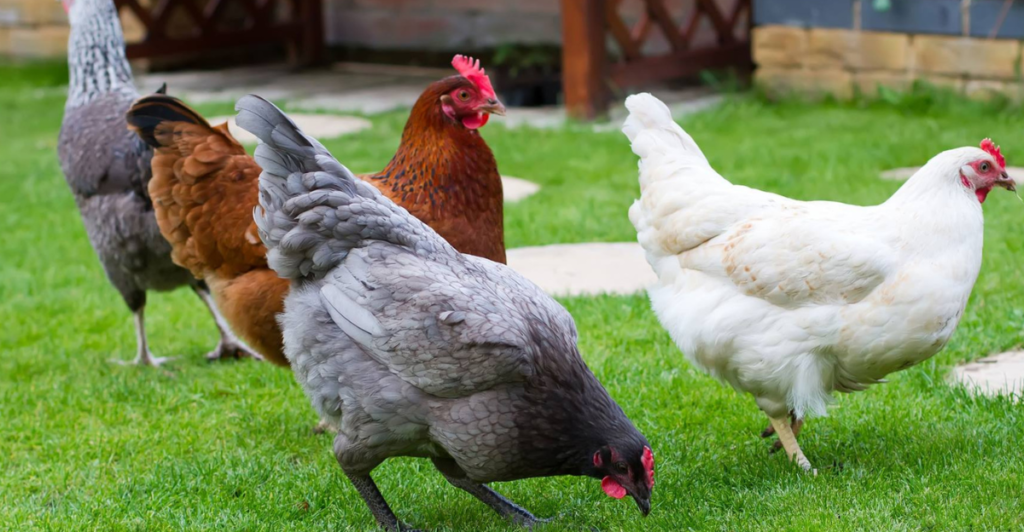
Rising egg prices and scarcity have spurred a renewed interest in backyard chickens. From saving on groceries to forming new feathered friendships, more people are embracing this trend. Here’s an overview of why—and how—you might consider joining the movement.
The Egg Dilemma
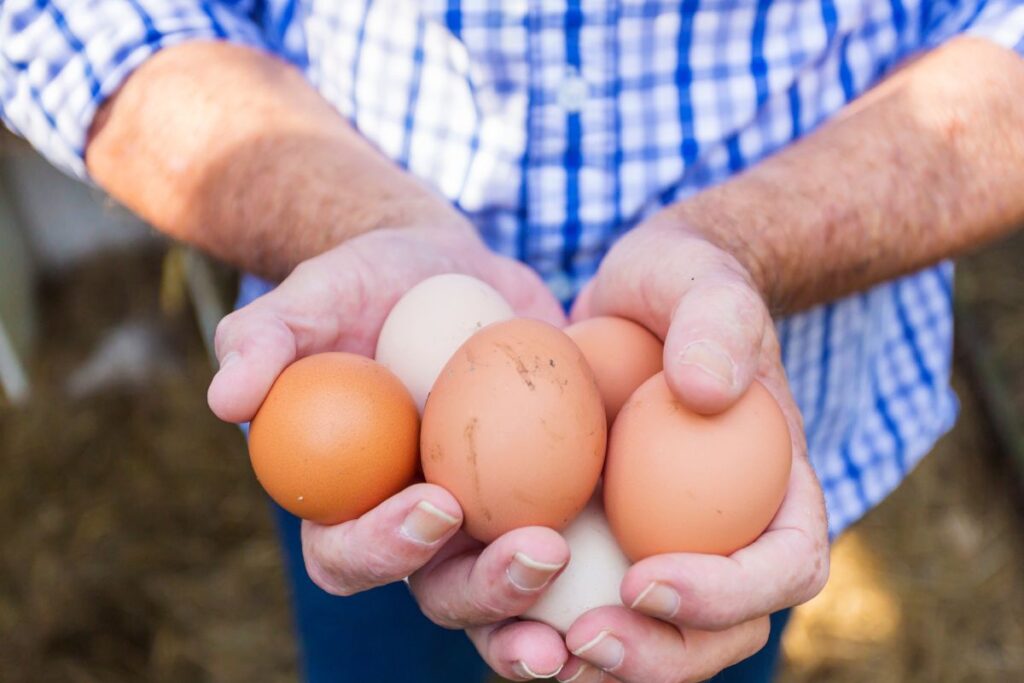
Inflation and the worst avian flu in U.S. history drove egg prices up by 70% by early 2023. Facing empty shelves, people like Will Jones in Baton Rouge turned to backyard flocks for a reliable egg supply.
A Family Affair
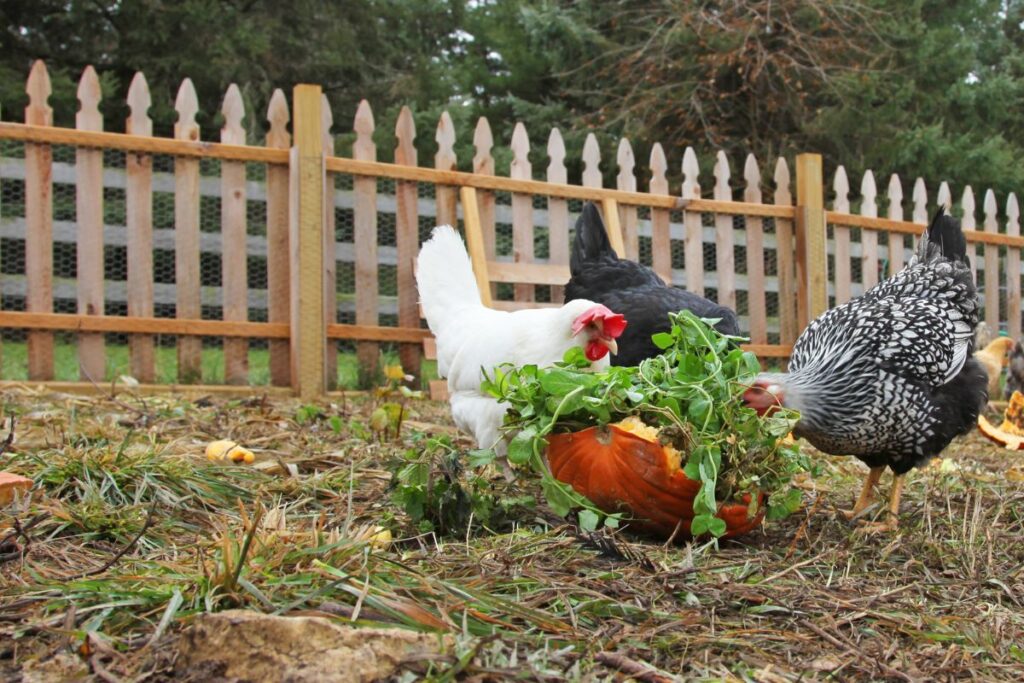
Jones’ daughters, Molly and Emery, proposed raising chickens in his spacious yard. With a $50 investment, he transformed a shed into a coop for five hens: Big Al, Froggie, Tuttle, Boots, and Cootie.
Chickens Bring More than Eggs
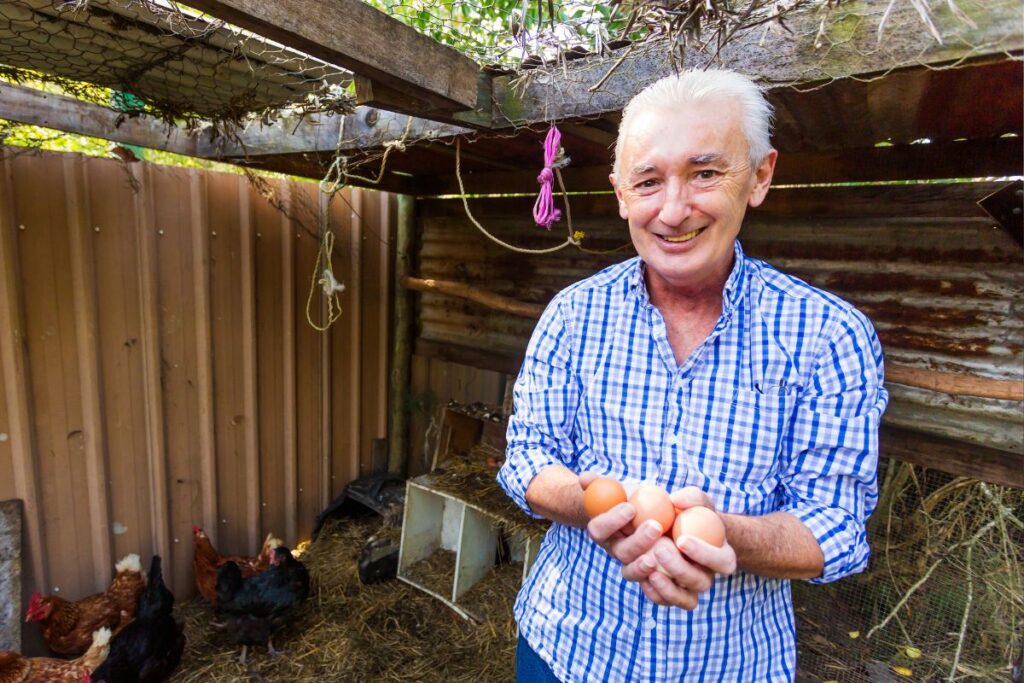
Backyard chickens offer companionship. They’re intelligent, sociable, and form bonds with humans. “There’s so much more to backyard chickens than the eggs,” says Jenn Tompkins from Rent The Chicken.
Increased Popularity
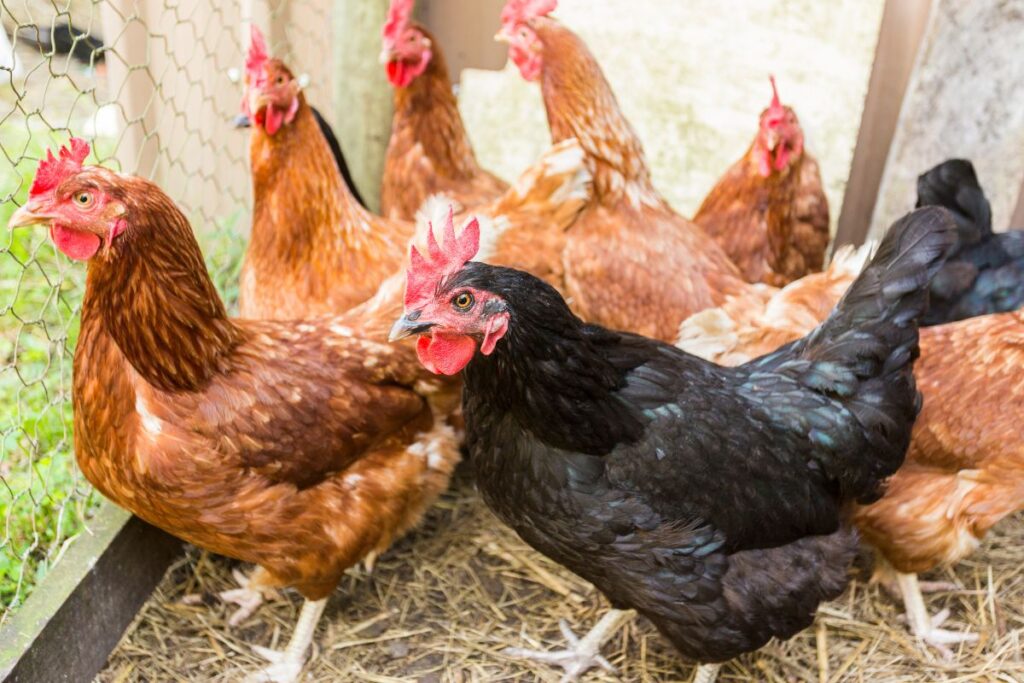
Interest in chicken ownership has doubled since the pandemic. Stephanie Peterson, a South Dakota egg farmer, has seen her chicken-keeping classes fill quickly, highlighting the growing trend.
Quality Matters
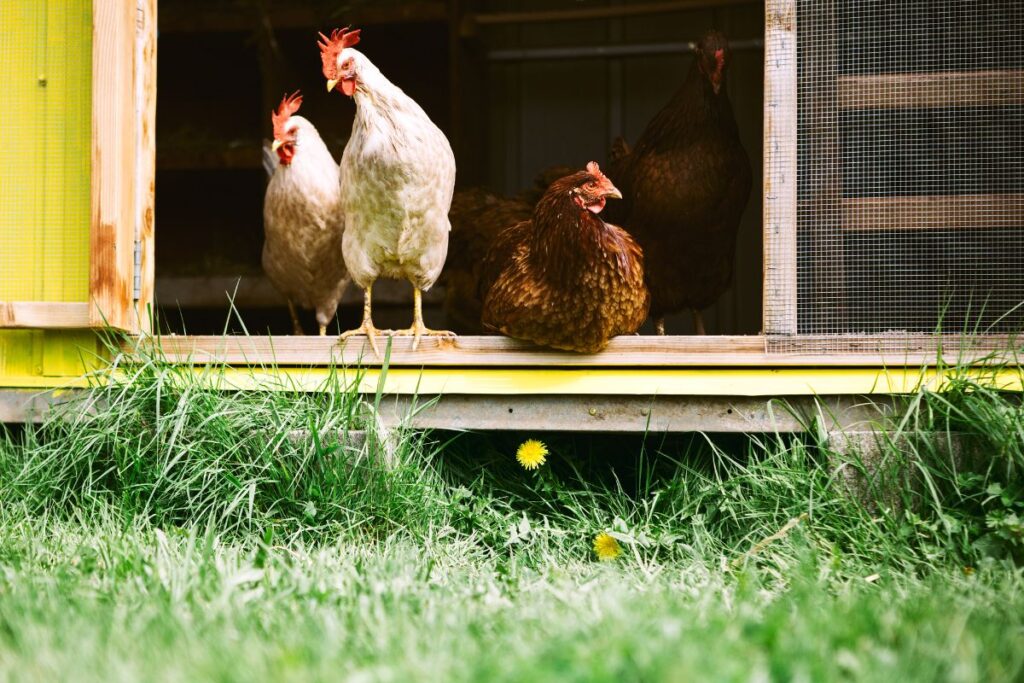
Backyard eggs often outshine store-bought ones. They’re fresher, tastier, and contain more nutrients like omega-3 fatty acids. Studies also show free-range eggs have less cholesterol and more vitamins.
Chicken Rentals on the Rise
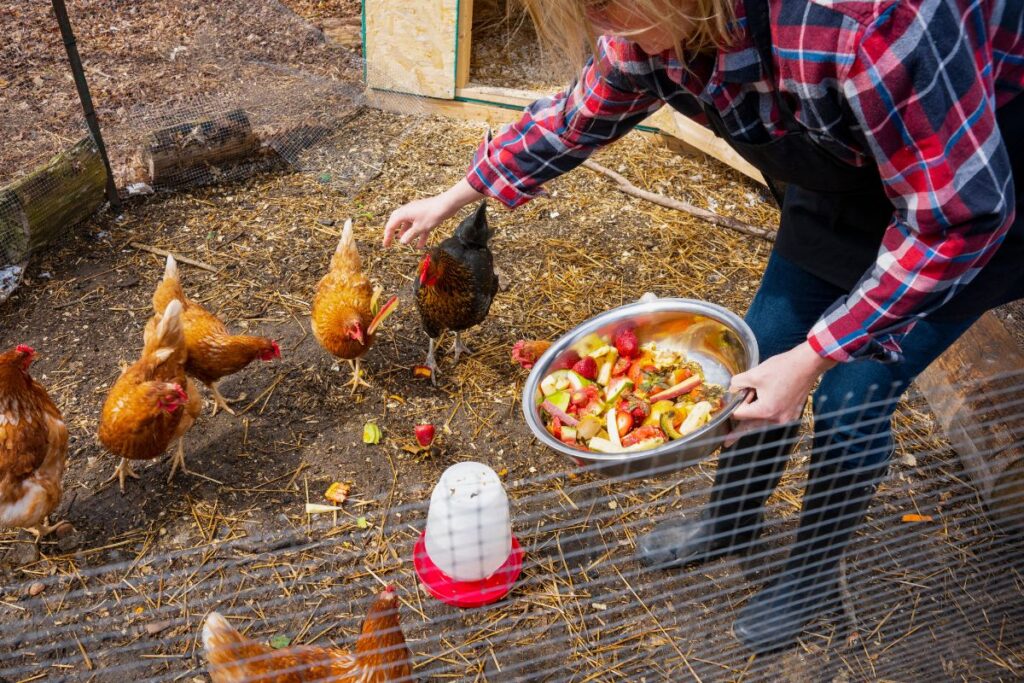
Companies like RentACoop and Rent The Chicken offer temporary flocks, allowing families to try chicken-keeping without long-term commitment. Rental services have surged 60% since 2020.
Know the Rules
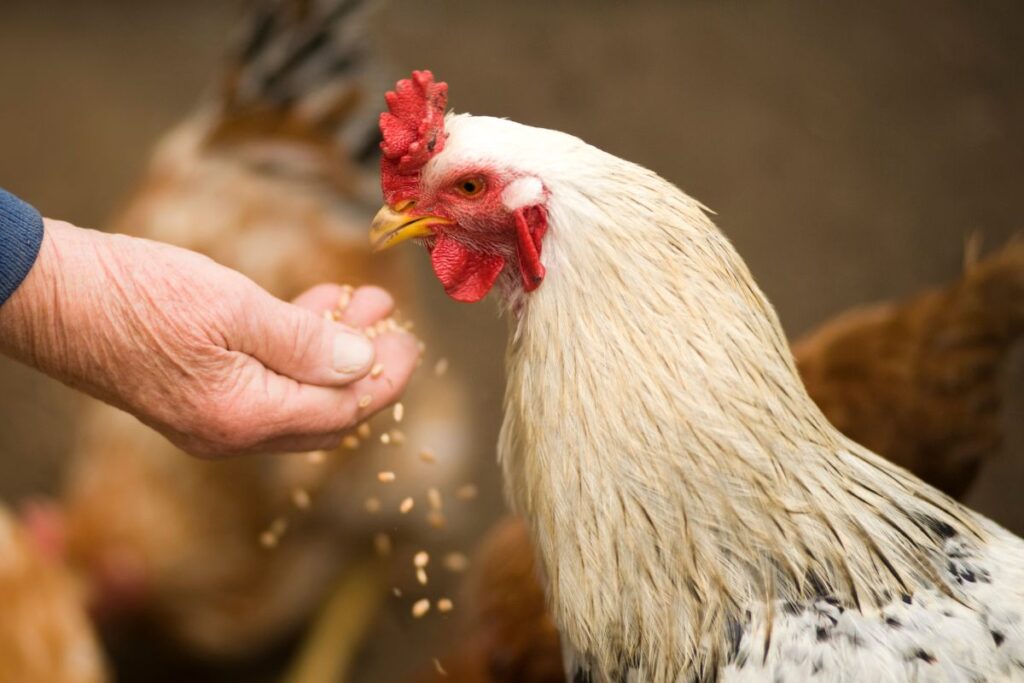
Before setting up a coop, check local ordinances. Most areas permit hens but not roosters. Sharing your plans with neighbors can also smooth the process.
Plan Your First Flock
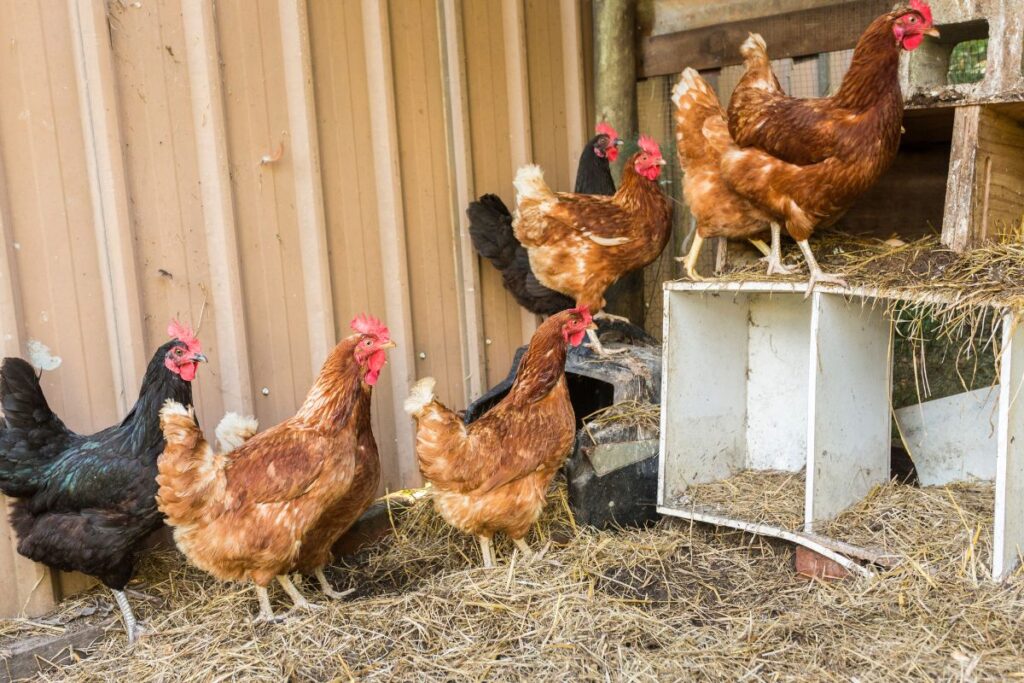
Choose between day-old chicks and pullets. Chicks are cheaper and let you bond early, but need extra care. Pullets start laying eggs sooner. An ideal flock size is three to six hens.
Selecting the Right Breed
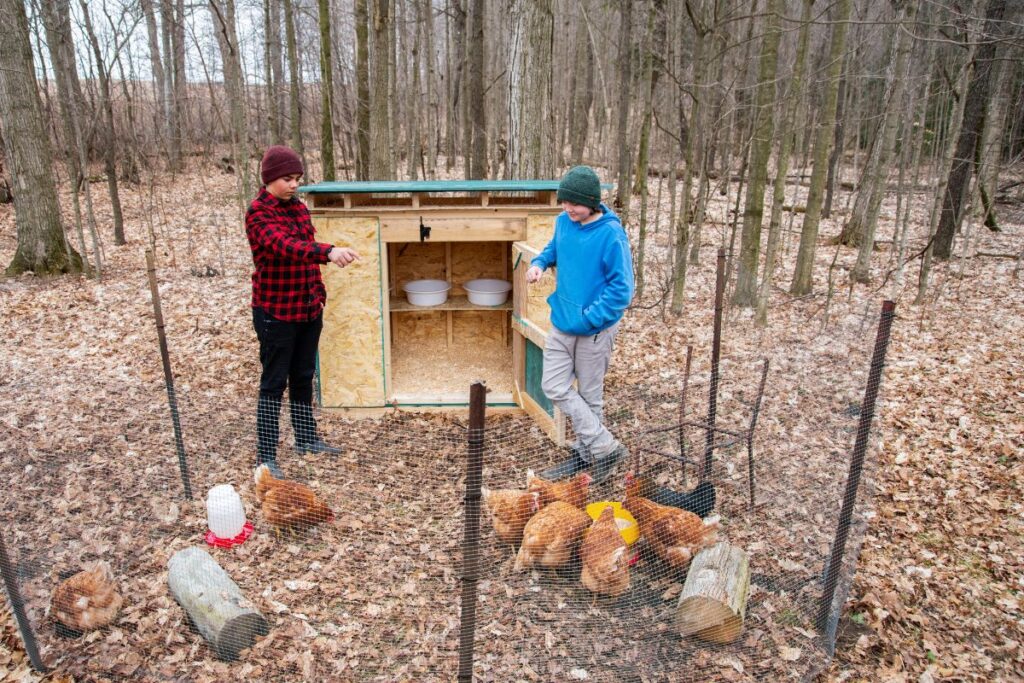
Gentle breeds like Buff Orpingtons, Golden Comets, Silkies, and Barred Plymouth Rocks are great for beginners. They’re friendly, hardy, and productive layers.
Where to Buy Chickens
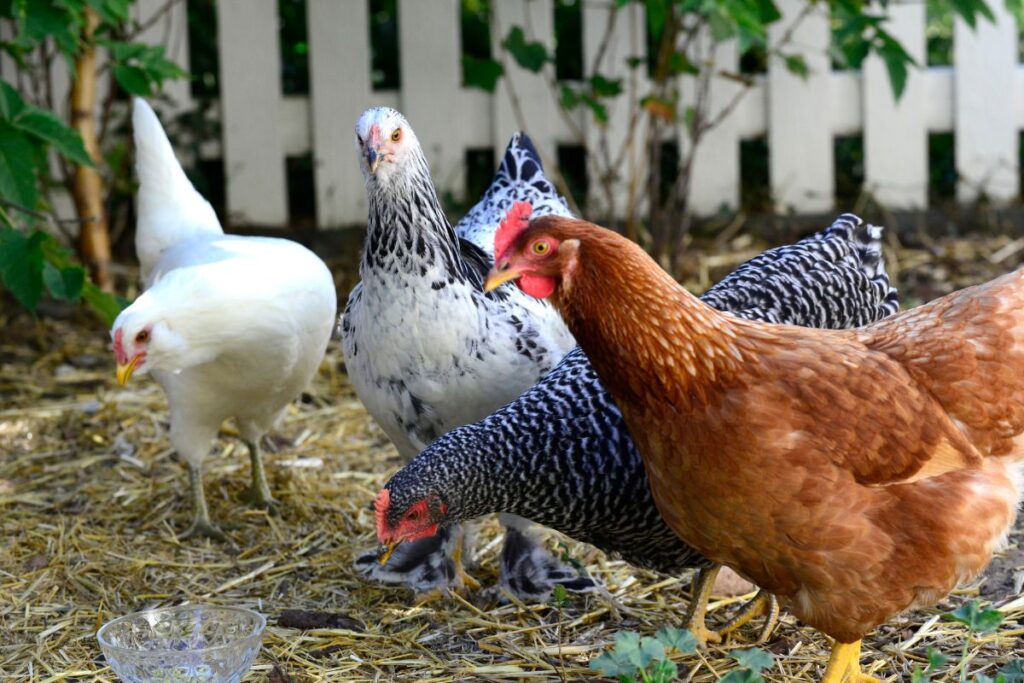
Hatcheries, farm-supply stores, and local chicken keepers are good sources. Hatcheries offer wide breed varieties but may have minimum order requirements. Order early due to high demand.
Safety First
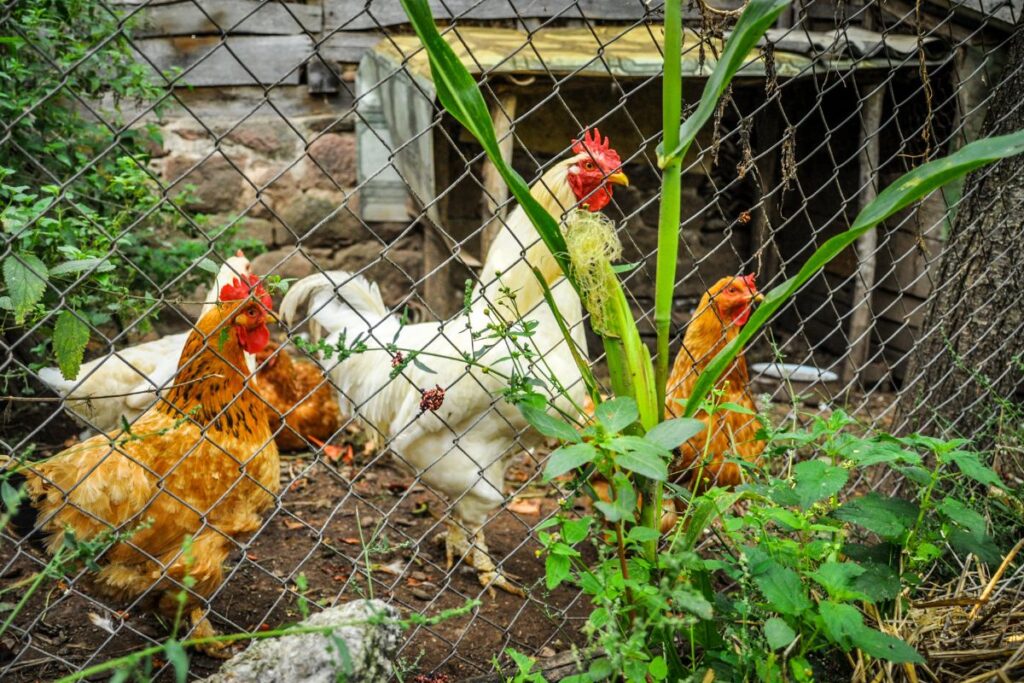
Chickens can transmit salmonella. Wash hands thoroughly after handling birds or eggs. Collect eggs regularly, and cook them fully. Keep chicken supplies out of the kitchen.
Handling and Hygiene
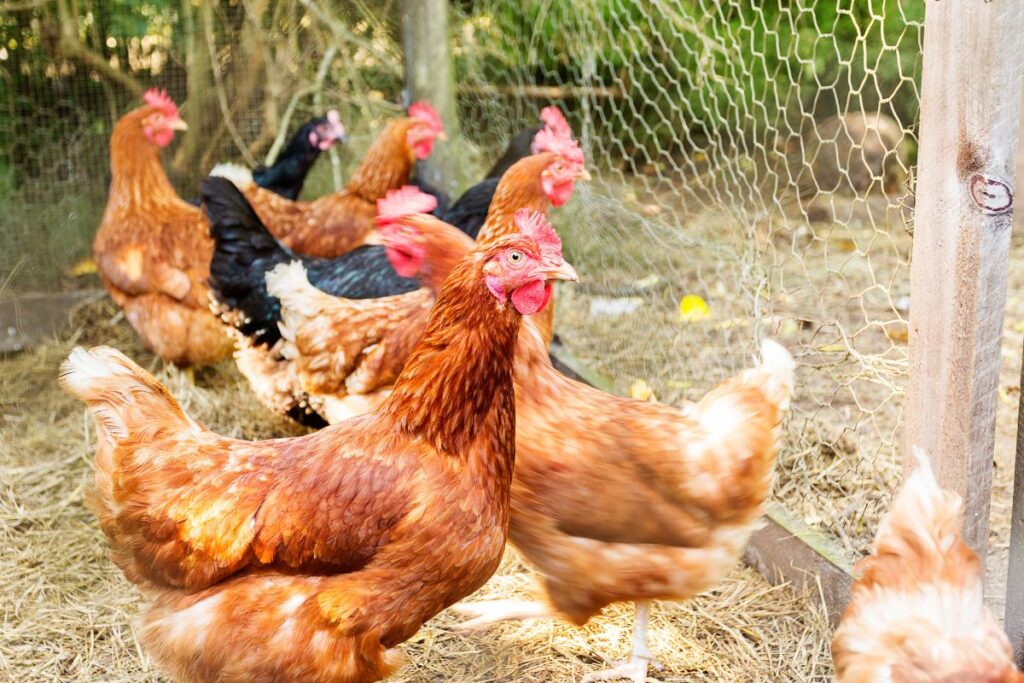
Avoid kissing chickens or bringing them inside. Wear separate shoes when caring for your flock, and clean coops and equipment regularly to prevent infections.
Final Considerations
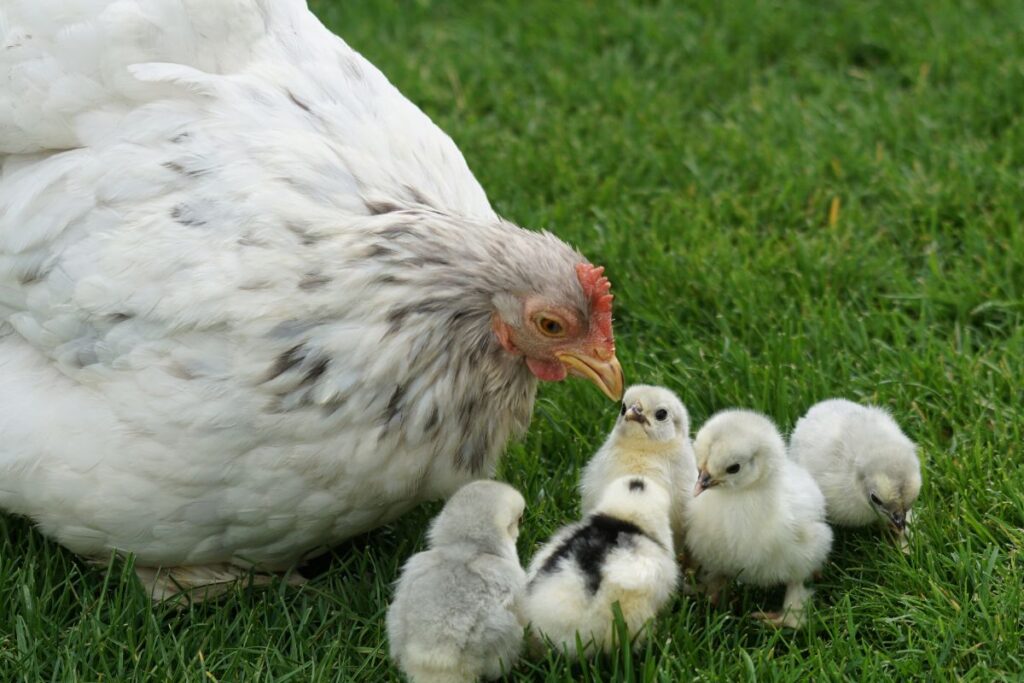
Raising chickens takes time and effort but can provide delicious eggs and rewarding companionship. With the right preparation, this popular hobby can enrich your life in unexpected ways.
Stay connected with us for more stories like this! Follow us to get the latest updates or hit the Follow button at the top of this article, and let us know what you think by leaving your feedback below. We’d love to hear from you!







